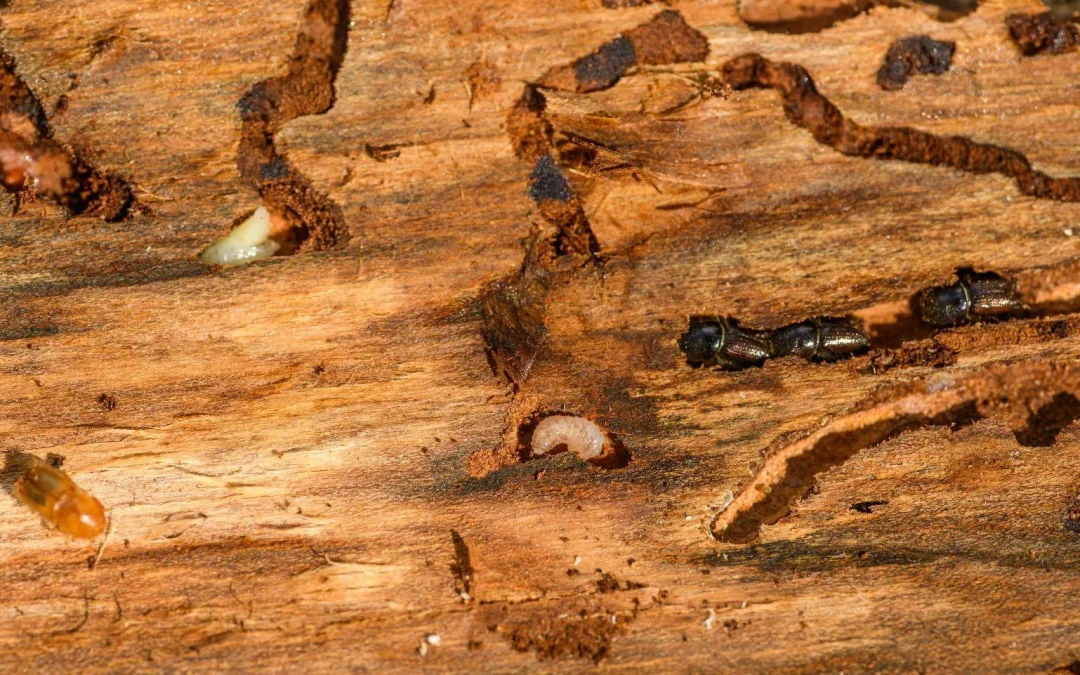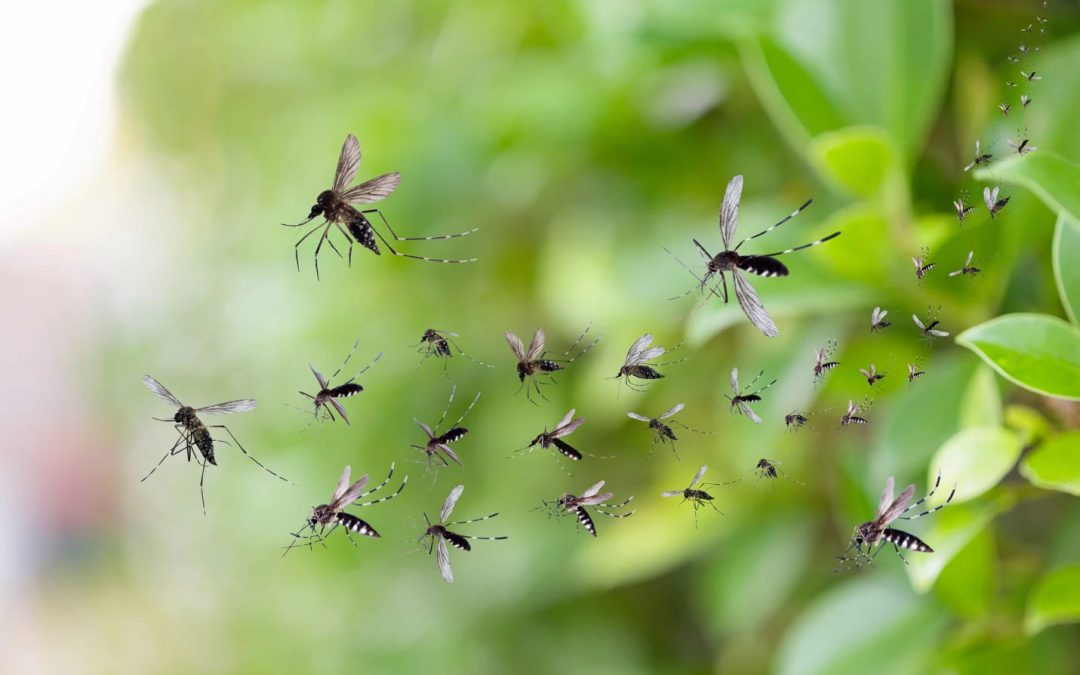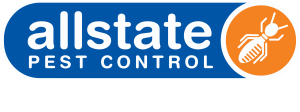
Top 5 Termite Species Found in Adelaide
Termites, also known as white ants, are social insects that thrive in colonies and play a vital role in breaking down dead wood and other organic matter. However, in urban environments, these pests often target wooden structures, causing significant damage to homes and buildings. Adelaide is home to several species of termites, and understanding these species is essential for effective management.
Identifying termite varieties helps prevent structure collapses and reduce the risks they pose. With Allstate Pest Control’s expertise, this article highlights the common species found in Adelaide and methods to protect properties. Learn more about pest management at Allstate Pest Control.
What Are Termite Species?
Termite species are closely related groups of social insects that vary in their habitat, behaviour, and impact on human environments. Globally, there are over 3,000 species, with many found in Australia. Each species has unique characteristics, including nesting preferences, damage potential, and moisture requirements.
In Adelaide, identifying different species of termites is critical for pest control as they target structures differently. For example, subterranean termites live in soil and rely on moisture, while dry wood termites prefer dry wood in fence posts and tree stumps.
Subterranean Termites: The Common Culprit in Adelaide
Subterranean termites are one of the most destructive termite varieties in Adelaide and are responsible for most infestations.
- Description: These tiny insects have soft, pale bodies and depend on moisture for survival.
- Habitat: They build underground tunnels in soil to access wooden structures like houses and buildings.
- Signs of Infestation: Look for mud tubes along walls, hollow-sounding timber, and peeling paint.
- Potential Damage: Their colonies cause extensive damage, often leading to structure collapses.
- Management Tips: Regular termite inspections, baiting systems, and soil treatments are key to protecting buildings.
Ring Ant Termites: Secondary Threats to Homes
Ring ant termites are a damaging but less common termite variety in Adelaide.
- Unique Features: These small pests are brownish with prominent mandibles and belong to the soldier caste.
- Nesting Habits: They favour decaying wood, creating nests near tree stumps and fence posts.
- Infestation Signs: Powdery residues and discarded wings around wooden structures indicate their presence.
- Effective Treatment: Control methods include moisture reduction, professional inspections, and termite baiting systems.
Tree-Nesting Termites: Arboreal Invaders
Tree-nesting termites, known for building arboreal mounds, primarily reside in trees but may extend to wooden structures.
- Appearance: These termite pests are dark-coloured with distinct segmented bodies.
- Natural Habitats: Found in dead trees, they often target tree stumps and telephone poles.
- Damage Potential: They weaken outdoor structures and, if left unchecked, spread to homes.
- Control Measures: Annual inspections, tree trimming, and chemical barriers help manage infestations.
Dampwood Termites: The Moisture Lovers
Dampwood termites, while rarely found in Adelaide homes, still pose risks in specific conditions.
- Behaviour: These termites require damp environments and are often seen in decaying wood.
- Habitat: They infest dead trees, fence posts, and wood with leaks or high humidity.
- Prevention: Fix plumbing leaks, improve ventilation, and replace infested wood with treated materials.
Giant Northern Termites: Rare but Destructive
Giant termites, also known as Giant Northern Termites, are Australia’s most destructive species but are uncommon in Adelaide.
- Characteristics: They are more prominent, with strong jaws capable of devouring small pieces of timber quickly.
- Threat Level: Known for causing extensive damage in regions like New South Wales, they occasionally appear in Adelaide.
- Protection Tips: Use termite fumigation and maintain a regular inspection schedule to safeguard properties.
Don’t delay your termite inspection, speak to our expert team
 or
or
Conclusion
Adelaide’s termites, from subterranean to giant termites, pose significant risks to structures and wooden buildings. Regular inspections and tailored pest control solutions are essential for long-term protection. Trust Allstate Pest Control for expert termite management. Book an inspection at Allstate Pest Control.
Frequently Asked Questions
What are the most common termite species in Adelaide?
The subterranean termites are the most common and cause significant damage in the area.
How can I identify different termite species in my home?
Inspect for mud tubes, hollow-sounding timber, and discarded wings. Contact a professional for precise identification.
What is the most destructive termite species in Australia?
The Giant Northern Termite is the most destructive, capable of causing severe structural damage.
How do professional inspections help in termite management?
Experts detect early signs of termites and implement targeted treatments to prevent infestations.
Are eco-friendly termite treatments effective against Adelaide species?
Yes, methods like baiting systems and chemical-free barriers effectively manage Australian termite species.





